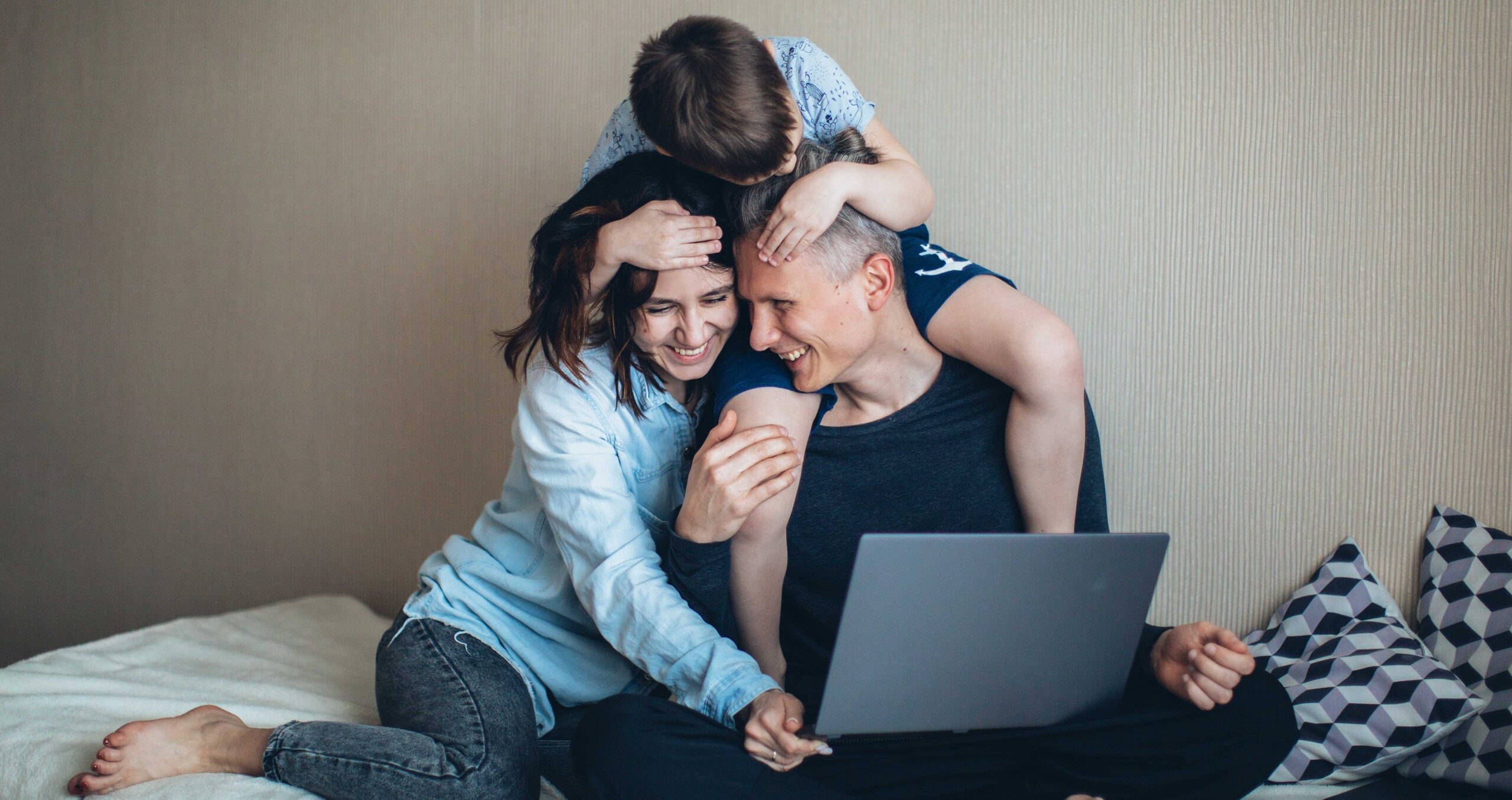“What seems to be called ‘Self-led parenting’ is a far cry from the deeply respectful, noncoercive spirit of the Self of IFS when they are talking about adults.”
– Sarah Fitz-Claridge
“Why do you like IFS but not ‘Self-led parenting’?”
When Internal Family Systems therapists are dealing with adults or talking about how they speak with their own parts, the approach is beautifully noncoercive. It embodies the “all parts are welcome” idea in a way that actually has the parts feeling welcomed and profoundly accepted. Instead of trying to cajole parts into changing or having expectations of parts that they expect the parts to meet whether the parts like it or not, IFS therapists meet the parts where they are, with a consensual spirit of compassionate, connecting, curiosity. I do not see paternalism in IFS.
But the approach of ‘Self-led parenting’ seems to be completely different. Gone is the noncoercive, deeply embracing and accepting curiosity, compassion, creativity and connection they apply in their own minds and with adults, and instead, the emphasis is on calm control. The result is that what is advocated in the name of ‘Self-led parenting’ is quite similar to, if not identical to, the currently-popular parenting idea of remaining calm and using a soft voice and ‘empathy’ to soothe children’s bad reactions to the coercion the parent is imposing:
“Dr. Frank Anderson teaches that Parent Self Energy is different than Self Energy. As parents, we do have an agenda for our kids and we do need to teach them and make decisions for them that they are not yet capable of making for themselves. Kids need love and limits. They need parents, not friends. When a kid is acting out, we support who they are while being the parent they need. Instead of reacting from a part, a Self-led parent responds with love, compassion, and consequences with no feelings attached.”
The ‘Self’ of ‘Self-led parenting’ is paternalistic, and appears to see the job of a parent as being to mould and shape the child from above, imposing “consequences with no feelings attached.”
As long as the ‘Self-led parent’ appears calm, clear, confident, and compassionate, ‘Self-led parenting’ advocates seem to see nothing amiss, no matter how coercive the parent is being:
“At our house, we all have a daily to-do list listing our assigned household tasks and other things we are committed to accomplishing that day. We look at the lists in the evening to see what was not accomplished that needs to be addressed. I had requested that my pre-teen bring down her to-do list, as I noticed she had not done so. Instead of arguing or complaining like she used to before IFS, she went and got her list and put it on the fridge, but she was about to go back to her room without emptying the dishwasher (one of her tasks that day!) so I reminded her to do it. She exploded in irritation. I stayed in Self, expressing empathy for her part and naming the feelings of the part (“get off my back!”). I kept on validating her until she calmed down. Then I requested that we start the interaction again and this time she try to speak for instead of from her part. She did as I requested and I let her know how much I appreciated it. I asked her for a time commitment by she would have the dishwasher unloaded. She gave me a time and she set an alarm to remind her to do it by the time she agreed. I love how we worked cooperatively together instead of fighting. Being a Self-led parent makes kids so much more cooperative than they are when everybody’s blended with parts.”
When I read things like that, I feel positively queasy. I have no idea how children on the sharp end of such coercive control manage not to go completely mad. How would you yourself feel if you yourself were living under such crushing micromanaging coercion? Would it be all right for a husband to treat his wife that way? If you were the one being treated that way, would you agree that the person treating you that way was “working collaboratively together” with you? If it would be intolerable for an adult how is a defenceless child supposed to bear it?
From my perspective, whenever we are channelling another human being into our own agenda for them that is independent of their wishes, we are (to put it in IFS terms) operating from a part, not in Self, no matter how calm, clear and confident that part is. Coercion, including covert coercion imposed with a soft voice and loving words, is deeply disconnecting, and it certainly does not feel compassionate to the person on the sharp end. What seems to be called ‘Self-led parenting’ is a far cry from taking children seriously or the deeply respectful, noncoercive spirit of the Self of IFS when they are talking about adults.
I find IFS founder Dick Schwartz’s noncoercive approach with parts incredibly helpful in my own mind and in my dealings with others. I do not think that paternalistic control is justified with children any more than it is with adults. I think that however well-meaning it is (and it is well-meaning), paternalism is coming from a part, not Self, just as it would be if the person being viewed through the lens of paternalism were a woman rather than a child.
And that is why I like IFS as applied with adults, but not (what I have seen advocated as) ‘Self-led parenting’.
See also:
- Taking Children Seriously: a new view of children
- “How can I drop the anti-rational part of my mind that interferes with me taking my children seriously?”
- “He would say that, wouldn’t he?”
Sarah Fitz-Claridge, 2022, ‘“Why do you like IFS but not ‘Self-led parenting’?”’, https://takingchildrenseriously.com/why-do-you-like-ifs-but-not-self-led-parenting/
